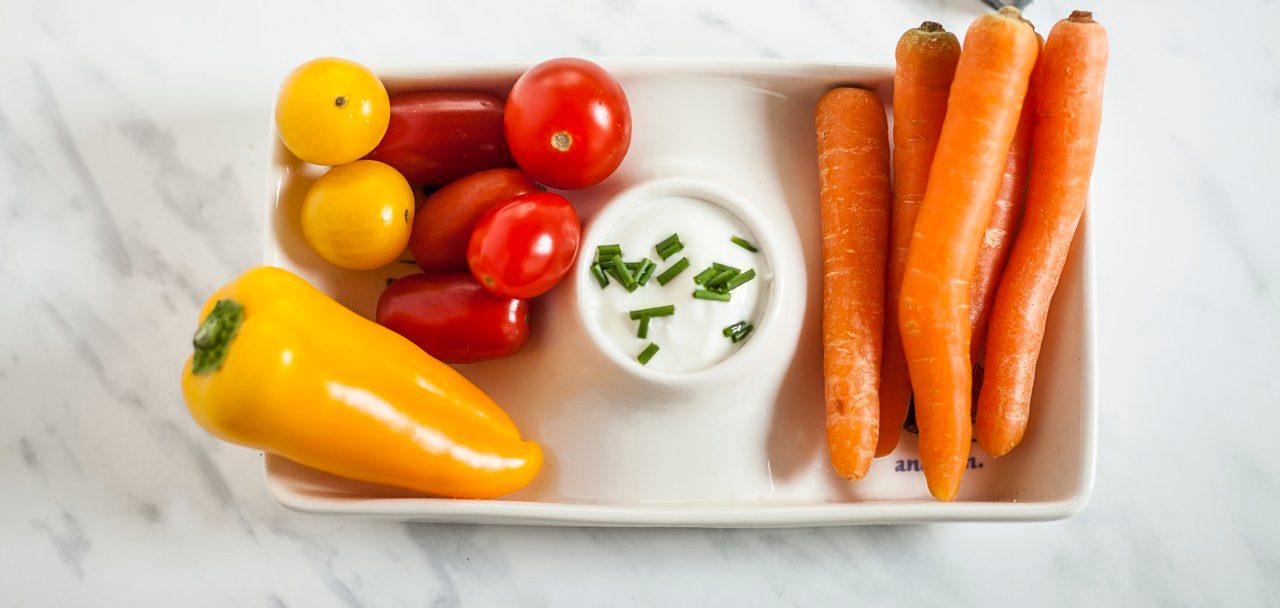Can Diet Help Fight Prostate Cancer?

Plenty of foods have prostate cancer fighting properties.
When Charles Trevino was 65, he was diagnosed with early prostate cancer after a physical. His reaction was typical.
A diagnosis of cancer – any cancer – is a devastating blow that instantly makes you feel that your life is now out of your hands.
He felt even worse when he was told that the side effects of surgery or radiation can include erectile dysfunction and chronic urinary problems that would mean he might have to wear what amounted to a diaper.
“Everything was left up to me, Trevino told Fox News, “and I didn’t decide easily.” Instead of having radical treatment Trevino wound up in a clinical trial called Men’s Eating and Living (MEAL), whose main goal was to increases men’s consumption of fruits and vegetables.
Trevino entered the trial, feeling he had nothing to lose and, with nutritional counseling, changed his diet to fit the study guidelines. In one year, he lost 20 pounds, decreased his waist size, and his prostate cancer was stabilized.
After that success, Trevino said he was more aware of eating greens and became smarter about how important certain foods are to good health. He let go of the Latino diet he was raised on, which included high carbs, but knew it was time at his age.
“I believe cancer is not a death sentence if you change the way you live, change the way you eat, change the way you (experience) stress…,” Trevino said. “I’m not thinking the cancer will go away, but I believe we can slow down the progression of the cells.’
Indeed, more and more research is finding that many of the foods we eat, and the diets we keep, can help ward off prostate cancer and fight it even after your diagnosis.
One important aspect of prostate cancer is how slowly it usually grows. In many men, the cancer cells never leave the gland or metastasize, meaning it may never pose a serious risk of death.
A Harvard University study found prostate cancer remains stable over time after diagnosis, which means you have time to change your diet and watch what you eat.
Many vegetables have chemicals called antioxidants, which reduce free radicals, or atoms that, once formed, can start a chain reaction of cellular damage that can lead to many diseases. Your body already has a natural system of antioxidants. Foods that contain them are like a booster shot.
Those foods include carrots, tomatoes, mushrooms, pomegranates, grapes, grapefruit, oranges and other citrus fruits, avocados, peppers and chiles, apples, berries, and cruciferous (dark green) vegetables like broccoli.
Other foods that help your your body’s natural defense system include fish, green tea, soy, nuts, seeds, and beans.
At the same time, you can help the antioxidants from foods be even more effective by limiting how much animal protein you eat.
Studies have found that men who eat a lot of red meat may be at higher risk for prostate cancer, so cut down on those steaks. But remember that you still need plenty of protein to make sure your body has sufficient levels of zinc, iron and vitamin B-12, among other essential nutrients that protein delivers.
In one groundbreaking study, men who already had surgery or radiation treatment for the disease were then given a pill containing essence of pomegranate, green tea, turmeric, and broccoli.
Their PSA levels (a protein used in tests as an indicator of prostate cancer or increased risk) were 63 percent lower after six months compared to those who took a placebo. The foods contained in the pills have previously been thought to fight free radicals, but this study was the first to show a direct effect on men with prostate cancer.
The author of the study, Robert Thomas, an oncologist in Cambridge, England, told The Telegraph that “healthy eating and lifestyle is the main way of helping to combat development of cancer, but men can now also turn to a whole food supplement which has been shown to work.”
If you throw in regular exercise, regular screenings by a specialist (urologist), and purposeful stress reduction such as yoga and meditation, you just may reduce your risk for life, or at least keep the prostate cancer you already have in check for a long time.
Updated:
March 30, 2020
Reviewed By:
Janet O’Dell, RN